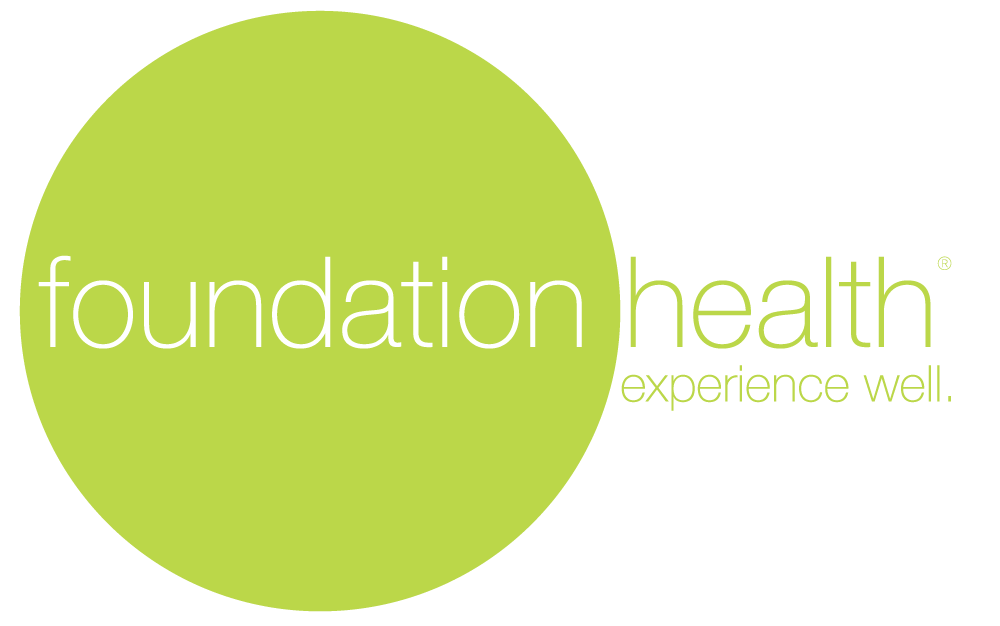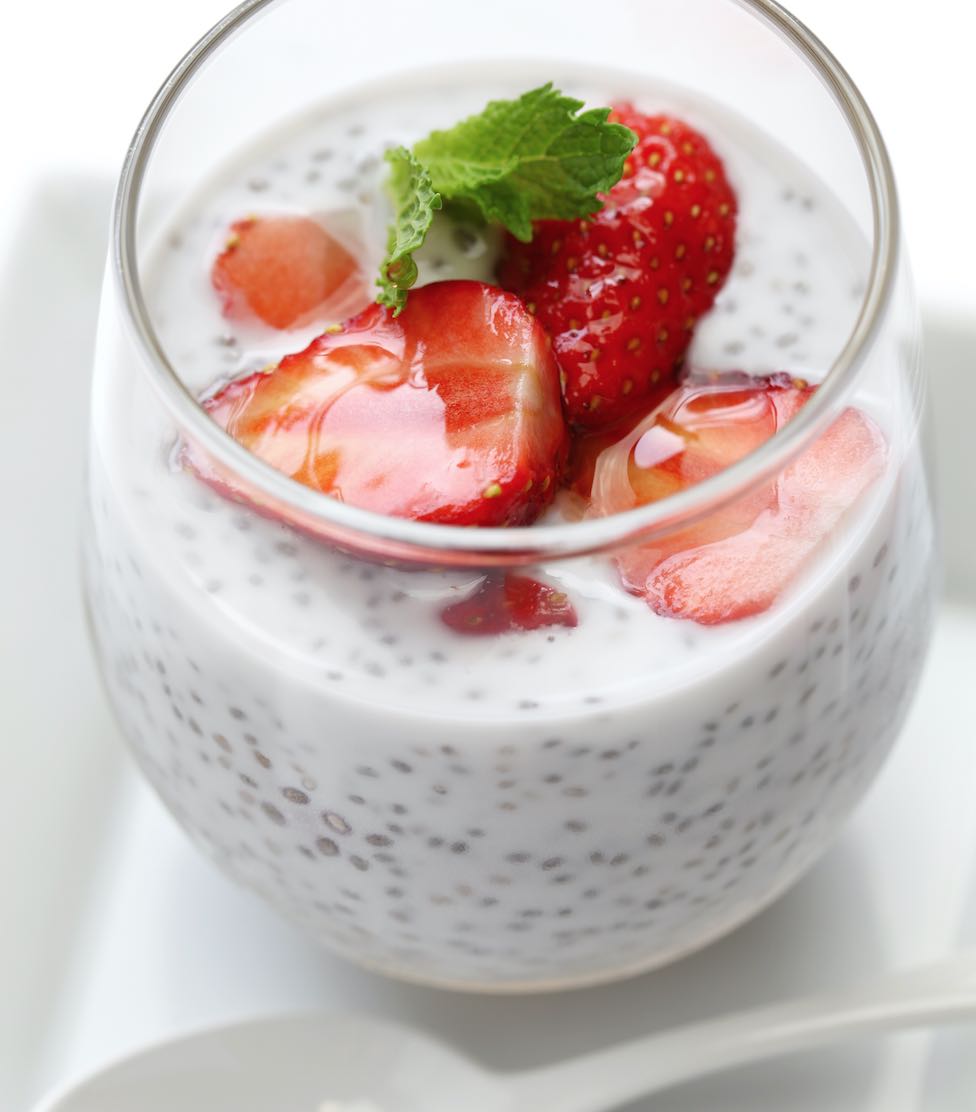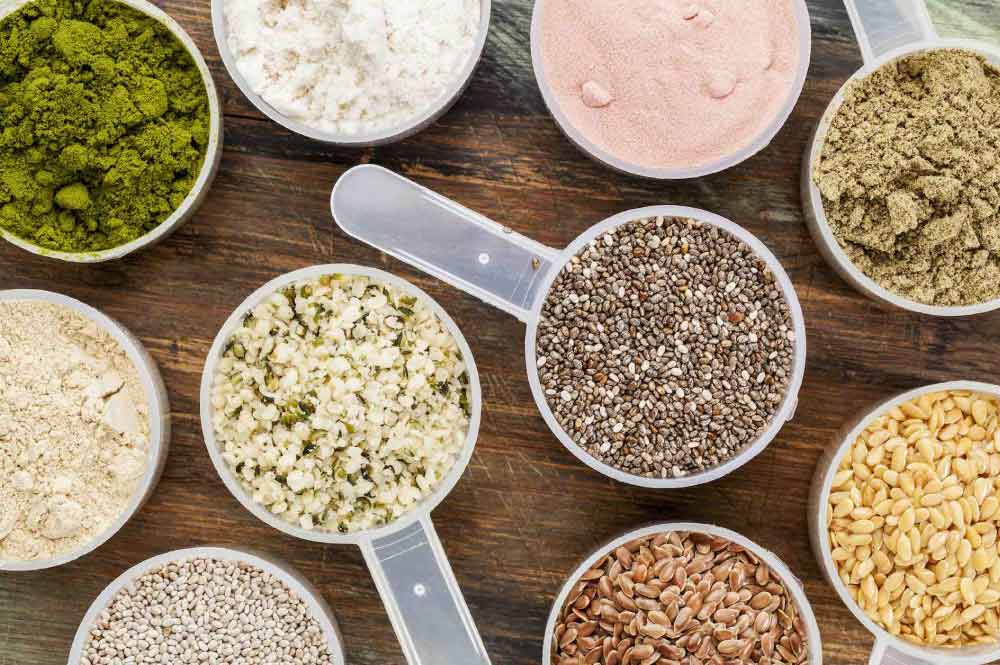Chapter 2 of David Perlmutter’s Brain Maker focuses on inflammation. Calor, dolor, rubor, and tumor (heat, pain, redness, and swelling) are the four classic signs of inflammation. In our bodies, inflammation serves an important purpose: it brings more immune cells to an area that is infected or injured. However, if inflammation goes unchecked it can lead to problems, and often to illness.
We are usually aware when we have an infection or a sprained tendon, however, there are low levels of inflammation within our bodies all the time that go unnoticed. This inflammation, unchecked over time, contributes to a multitude of illnesses including: Alzheimer’s disease, diabetes, cancers, heart disease, depression, autism, arthritis, multiple sclerosis, and others.
We have some medical treatments for all of these diseases. Unfortunately, these treatments are too often ineffective. Moreover, if a patient has experienced enough inflammation to be diagnosed with and treated for one of the aforementioned diseases, damage has already been done. Perlmutter gives examples of this with medications used to treat Alzheimer’s disease. A much better way to treat these is to decrease the inflammation in our bodies and prevent the illness before it ever manifests.
We do know there are genes that increase one’s chances of getting a particular disease. What is amazing is that our lifestyle can influence how our genes are expressed and thus decrease or increase our risk. The field of epigenetics is fascinating and I believe it will play a large role in the future of medicine. Epigenetics is the study of the different ways our genetic code can be expressed. Our external environment, inflammation, and our diet are all things that have the ability to turn genes on and off and affect how our genetic code is read.
See this youtube link for a fun look at epigenetics: https://www.youtube.com/watch?v=kp1bZEUgqVI
Perlmutter discusses 3 ways he thinks we can control/decrease inflammation in our bodies (and influence our genetic expression for the good).
Decrease Sugar – Too many refined sugars and carbohydrates lead to imbalances in the body’s ability to control blood glucose levels. Excess sugars bind to fats and proteins in our bodies and create compounds that the body does not recognize as natural (AGEs = advanced glycation end products). The body creates an inflammatory response to these molecules.
Heal a Leaky Gut – Lining our intestinal tract is a one cell layer thick epithelium. On the other side of this epithelium is a large portion of the body’s immune system, the GALT (gut associated lymphoid tissue). As our gut’s epithelial lining is damaged, the junctions holding the cells together weaken and more foreign particles (food, dead cells, etc…) can slide through. When this happens, the immune system is exposed to foreign material and what does it do – it triggers inflammation. Perlmutter goes on to say that a leaky gut often portends a leaky blood brain barrier.
Replete and Care for our Microbiome – The trillions of bacteria residing in our intestine help protect our epithelial lining, make chemicals that have anti-inflammatory properties, help balance blood glucose, and produce substances crucial to brain health.
Lots of interesting points for more discussion.




